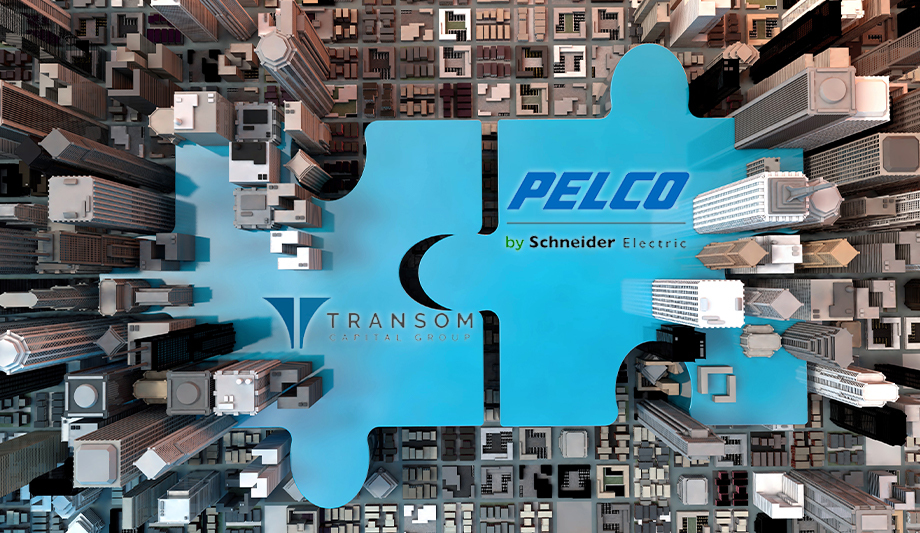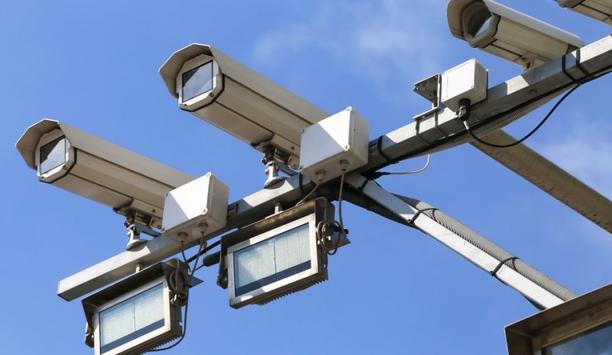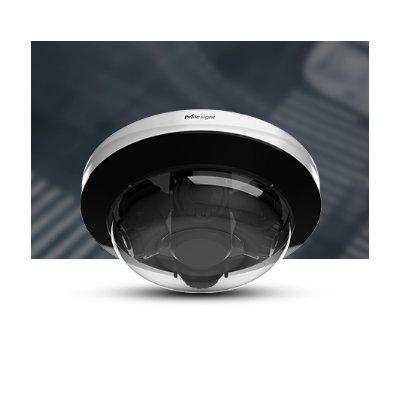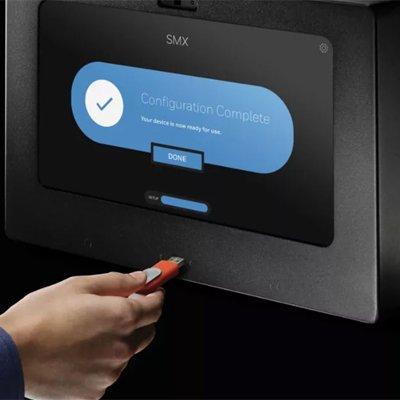Schneider Electric’s long-rumored sale of Pelco appears to be on the verge of consummation. Schneider this week entered exclusive negotiations with Transom Capital Group, a U.S.-based private equity firm, to sell the Pelco business unit.
Pelco is a security industry stalwart and global specialist in the design, development, and delivery of end-to-end video surveillance solutions and services including cameras, recording and management systems software. Revenue in 2018 was about $185 million. Pelco currently employs a staff of 478. Pelco was sold to Schneider Electric for $1.22 billion in 2007 to enhance Schneider’s building automation business
Transom Capital Group, Los Angeles, is an “operationally focused” private equity firm that invests in companies in the lower-middle market. Their management claims “industry expertise to create improved operational efficiency, significant top-line growth, cultural transformation and overall distinctive outcomes.” Presumably a “turnaround” initiative could reinvigorate Pelco after several years of decline. Transom promotes an “approachable, collaborative, and down-to-earth problem-solving approach.”
Founded in 1957 and originally specialising in pan-tilt devices and joysticks, Pelco rose to prominence as an independent company in Fresno, Calif. Expanding to distribution in more than 130 companies, Pelco succeeded in part through an emphasis on customer service.
The company was sold to Schneider Electric for $1.22 billion in 2007 to enhance Schneider’s building automation business. The Pelco business has declined substantially under the Schneider umbrella, and the synergies with building automation were never realised. Pelco has been rumored for sale for several years. The sale would come after Schneider’s announcement it would be reviewing assets totaling 1.5 billion to 2 billion Euros of revenue
In recent years, Pelco has focused on its VideoExpert video management system as the core of end-to-end solutions targeting vertical markets. The company sought to re-establish its position as a global leader in surveillance and security, with new technologies, integrations, quality advancements along with significant support initiatives to provide value and innovation to the security industry community.
The sale would come after Schneider’s announcement it would be reviewing assets totaling 1.5 billion to 2 billion Euros of revenue as it looks to focus on energy management and industrial automation.
Schneider did not say how much Pelco would be sold for but said the company would book a non-cash loss on disposal of up to $250 million. However, its adjusted earnings before interest, taxes, and amortisation margin would rise by around 10 basis points.









































